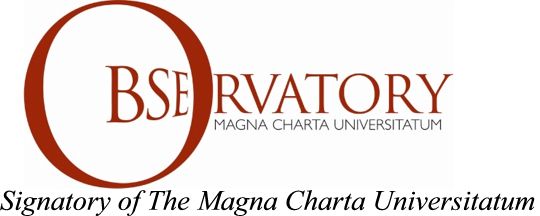Sustainable procurement, taking into account the principles of the concept of sustainable development, is the process by which the University strives to achieve a proper balance between financial, environmental and social issues when purchasing goods, services or works at all stages. These issues include, for example, compliance with the basic norms of labor protection and safety in the production process, as well as indicators of energy efficiency, environmental friendliness and innovative characteristics of the products being purchased.
When planning and purchasing goods and services for the development of the material and technical base, the University adheres to the provisions of ISO 20400 - guidance on the integration of social responsibility in the procurement policy of the organization and in a process that establishes the principles of sustainable procurement, such as accountability, transparency, respect for human rights and ethical standards of conduct.
Through sustainable procurement, taking into account the principles of the concept of sustainable development, the University achieves environmental goals such as reducing greenhouse gas emissions, improving the efficiency of energy and water resources, and supporting the processing industry.
Most of the university's procurements are based on the principle of conducting "green" procurements that take into account the environmental, social and economic consequences of: the use of non-renewable resources, methods of production and manufacture, logistics, methods of providing services, production and use of products, its secondary use, recycling opportunities and supplier abilities to anticipate and level negative consequences at the stages of supply chains".




